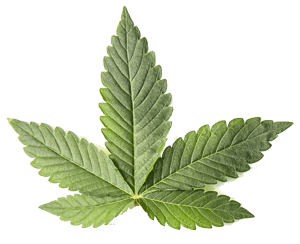
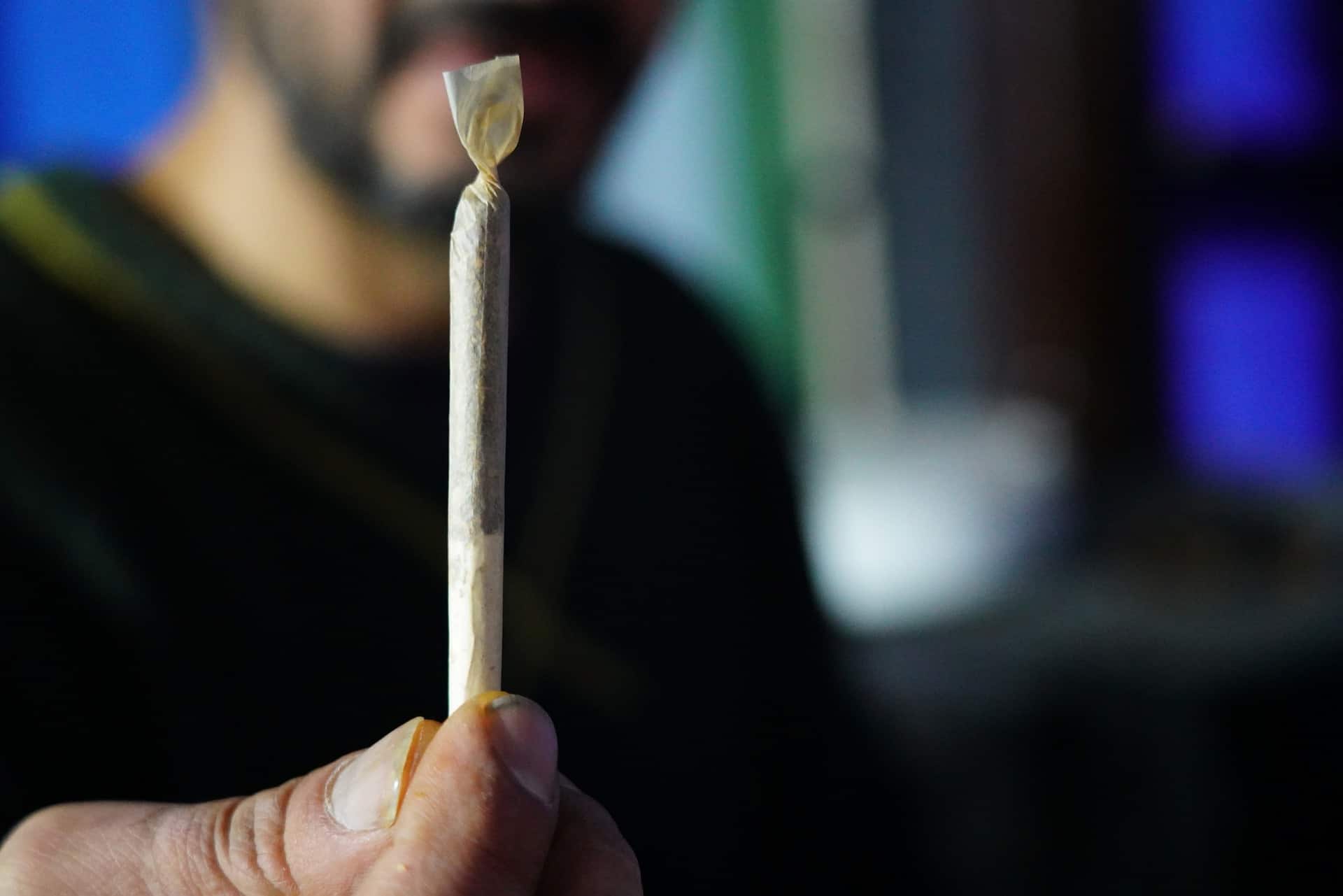
With marijuana, it’s time to separate fact from folklore. There have been many myths and legends about marijuana that have been passed down from generation to generation. Some are true, and others are steeped in rumor and hearsay. Until recently, marijuana was illegal in the United States, but individual states started legalizing the drug, recreationally or medically.
Now, scientists, and even enthusiasts, are starting to put the plant to the test to see if the old tales are true. Marijuana is becoming accepted all over the country, giving people a chance to see for themselves such things like: “Is marijuana more potent than in the past?” Or “Is marijuana a gateway drug?”
We’ll answer these questions and more.
Is Marijuana More Potent Today Than in the Past?
Simply put, yes, it’s absolutely more potent. When marijuana was illegal, growers attempted to find ways to make their marijuana strains more powerful. Now that it’s legal (in some states), growers are still searching for ways to make weed stronger. The main psychoactive ingredient in marijuana is tetrahydrocannabinol, or THC, and growers are making huge strides in the advancement of plant breeding and purification. If someone smoked weed when they were younger, but took time off to become an adult, the strains today can seem way stronger.
Final answer: Yes, today’s marijuana is more powerful due to its higher THC content.

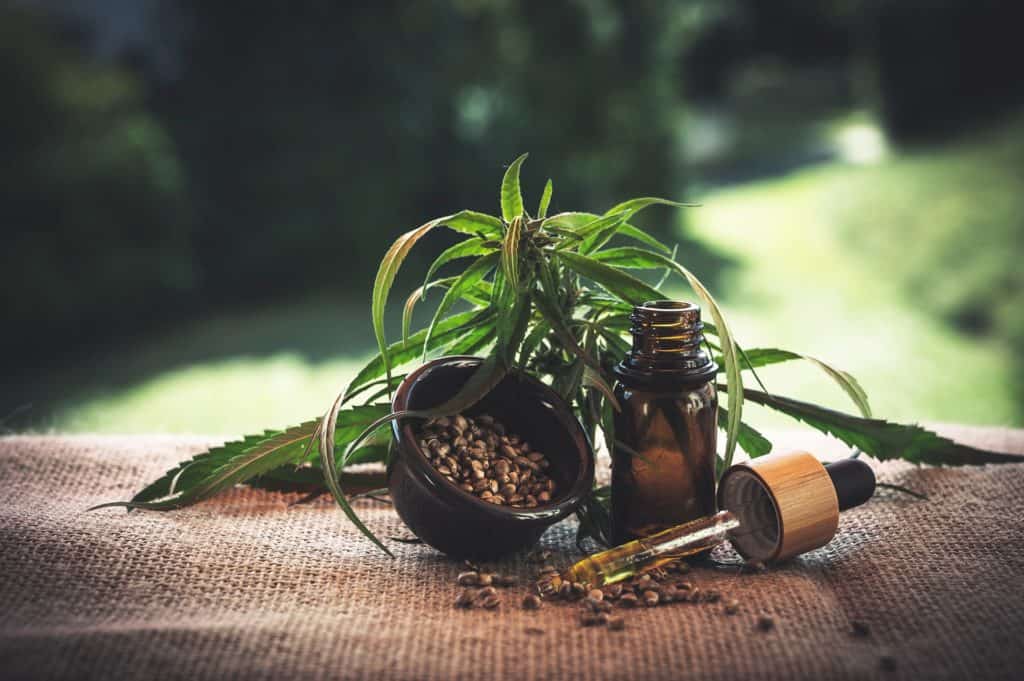
Is Marijuana is a Gateway Drug?
For years, teachers and parents have told children that marijuana is a gateway drug that leads to harder, more dangerous drugs like cocaine, heroin, and meth. However, there isn’t any evidence to prove that smoking weed leads to being strung out on crack.
Most illegal drug users claim to have tried marijuana before trying harsher drugs, but that doesn’t mean that marijuana triggers the brain to want more powerful drugs. Most illegal drug users have also tried ice cream.
Final answer: There is zero evidence that marijuana causes hard drug addiction.
Is Marijuana Dangerous?
Smoking marijuna (joints and smoking devices are unfiltered) forces you to inhale smoke, and smoking anything is considered unhealthy due to the stress it puts on the heart and lungs. The frequency one smokes can also lead to health risk.
Final answer: When consuming marijuana, the safest practice is to use edibles and other non-smoking options.
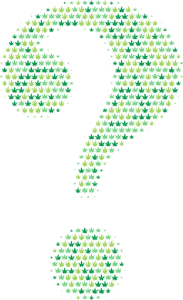

Is Marijuana Addictive?
It’s like music legend Dewey Cox was once told “You can’t overdose on it, and it’s the cheapest drug there is.” To put it in simple terms, addiction is the continual use of a drug despite the negative consequences that arise from that drug. There is a medical term for marijuana addiction and it’s called “Cannabis Use Disorder,” which means marijuana addiction.
Actually, there are three main medical diagnoses in regards to marijuana: cannabis use disorder, cannabis intoxication, and cannabis withdrawal.
Final answer: It is rare, but marijuana addiction is real.
Can You Overdose on Marijuana?
It’s impossible to overdose on marijuana. Smoking or ingesting marijuana will not cause death without other morbidities being involved. There have only been a few cases where smoking marijuana exacerbated other illnesses or diseases that led to death, but it wasn’t the marijuana that killed them. People have called 911 because they felt like they were overdosing, but they were actually just really, really high.
Basically, when some people get unbelievably high, they can experience what seems like an attack on their psychiatric condition. It can cause psychosis, resulting in paranoid behavior, seeing things, hearing things, and delusional thinking.
Final answer: Marijuana alone can’t kill you, but getting next-level high can make you feel like you are overdosing.
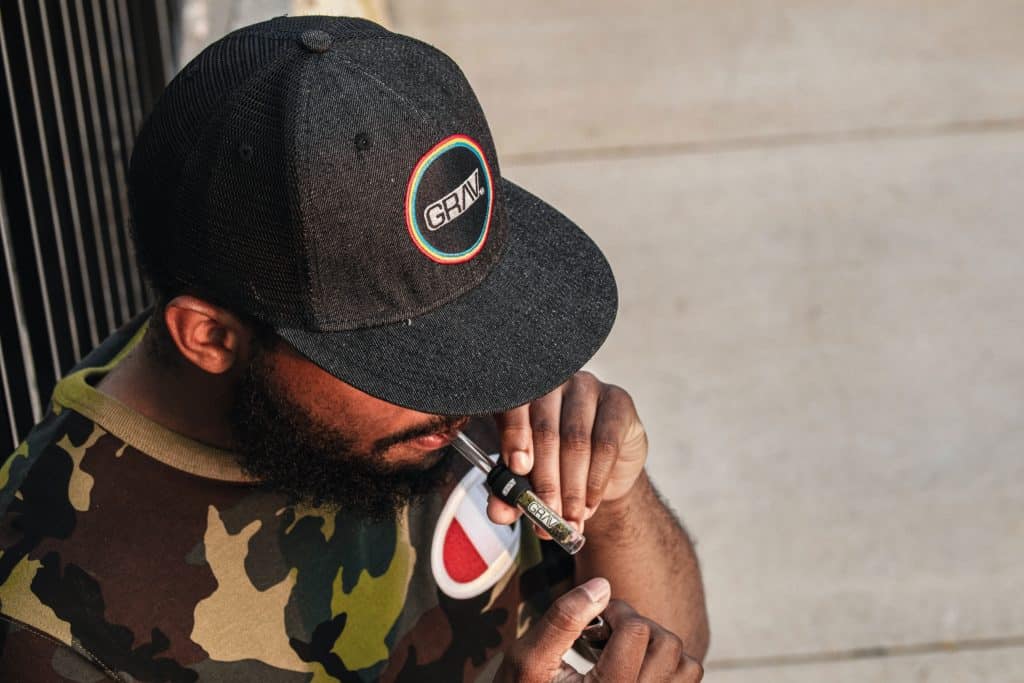
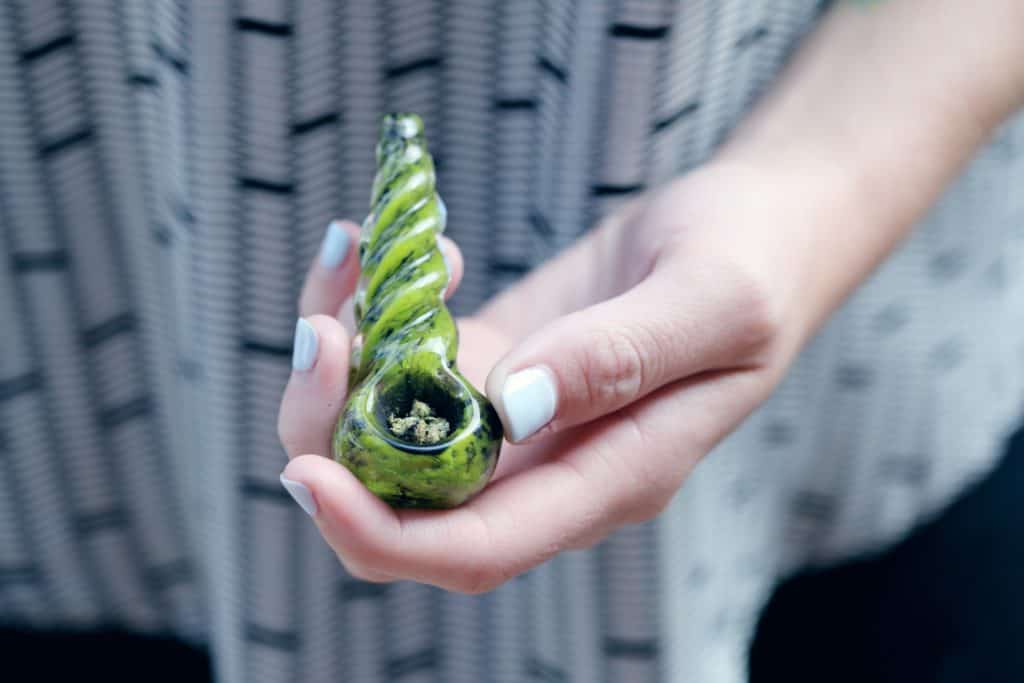
Does Marijuana Have Medicinal or Therapeutic Value?
If you want to get technical, the Food and Drug Administration has only approved one cannabis-derived drug product, Epidiolex, to treat things like: nausea and vomiting, chemotherapy, anorexia related to advanced HIV/AIDS, and a few rare types of childhood epilepsy. This drug must be prescribed by a doctor and filled by a pharmacist.
No other cannabis-related drug is FDA approved. Researchers are now looking into how marijuana can treat other illnesses but the studies are very new and incomplete.
Although not approved by the FDA, some marijuana enthusiasts claim that marijuana can treat Alzheimer’s disease, ALS, HIV/AIDS, Crohn’s disease, epilepsy and seizures, glaucoma, multiple sclerosis and muscle spasms, severe and chronic pain, and severe nausea or vomiting caused by cancer treatment.
Final answer: Yes, but the jury is still out on how many illnesses it can treat. Researchers are actively trying to find what illnesses and diseases marijuana can remedy. Right now, there is only one FDA-approved, cannabis-derived drug that can treat three specific illnesses.
Hopefully, we’ve answered some of the myths about marijuana, distinguishing between fact and folklore. If you have any questions about marijuana or marijuana products, you can visit D-Luxe Dispensary at one of our three locations in Jenks, Ada, or Sapulpa, or call (918) 347-9088.

About D-Luxe
D-Luxe is a firm built on integrity by a team working in unison towards a common goal of providing the highest level of customer satisfaction with the FOCUS of delivering the most superior products. FOCUS stands for Firm Values, Optimal products, Customer satisfaction, United team, and Sustainable quality, and each represents the core values of the company.
The property creates an experience that anyone and everyone can enjoy. The campus, located at 1013 S Main St. Sapulpa, Okla., includes covered gazebos, a food truck court, outdoor games, an area for food vendors, an amphitheater, a dog park, and an event center.






